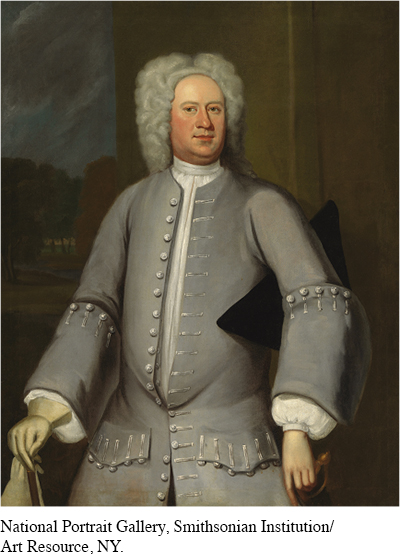>What experiences tended to unify the colonists in British North America during the eighteenth century?
> CHRONOLOGY
1730s
|
1740s
|
1754
|
1769
|
1770
|

The societies of New England, the middle colonies, and the southern colonies became more sharply differentiated during the eighteenth century, but colonists throughout British North America also shared unifying experiences that eluded settlers in the Spanish and French colonies. The first was economic. All three British colonial regions had their economic roots in agriculture. Colonists sold their distinctive products in markets that, in turn, offered a more or less uniform array of goods to consumers throughout British North America. Another unifying experience was a decline in the importance of religion. Some settlers called for a revival of religious intensity, but most people focused less on religion and more on the affairs of the world than they had in the seventeenth century. Also, white inhabitants throughout British North America became aware that they shared a distinctive identity as British colonists. Thirteen different governments presided over these North American colonies, but all of them answered to the British monarchy. British policies governed not only trade but also military and diplomatic relations with the Indians, French, and Spanish arrayed along colonial borderlands. Royal officials who expected loyalty from the colonists often had difficulty obtaining obedience. The British colonists asserted their prerogatives as British subjects to defend their special colonial interests. [[LP Photo: P05.06 Robert “King” Carter/
Understanding the American Promise 3ePrinted Page 121